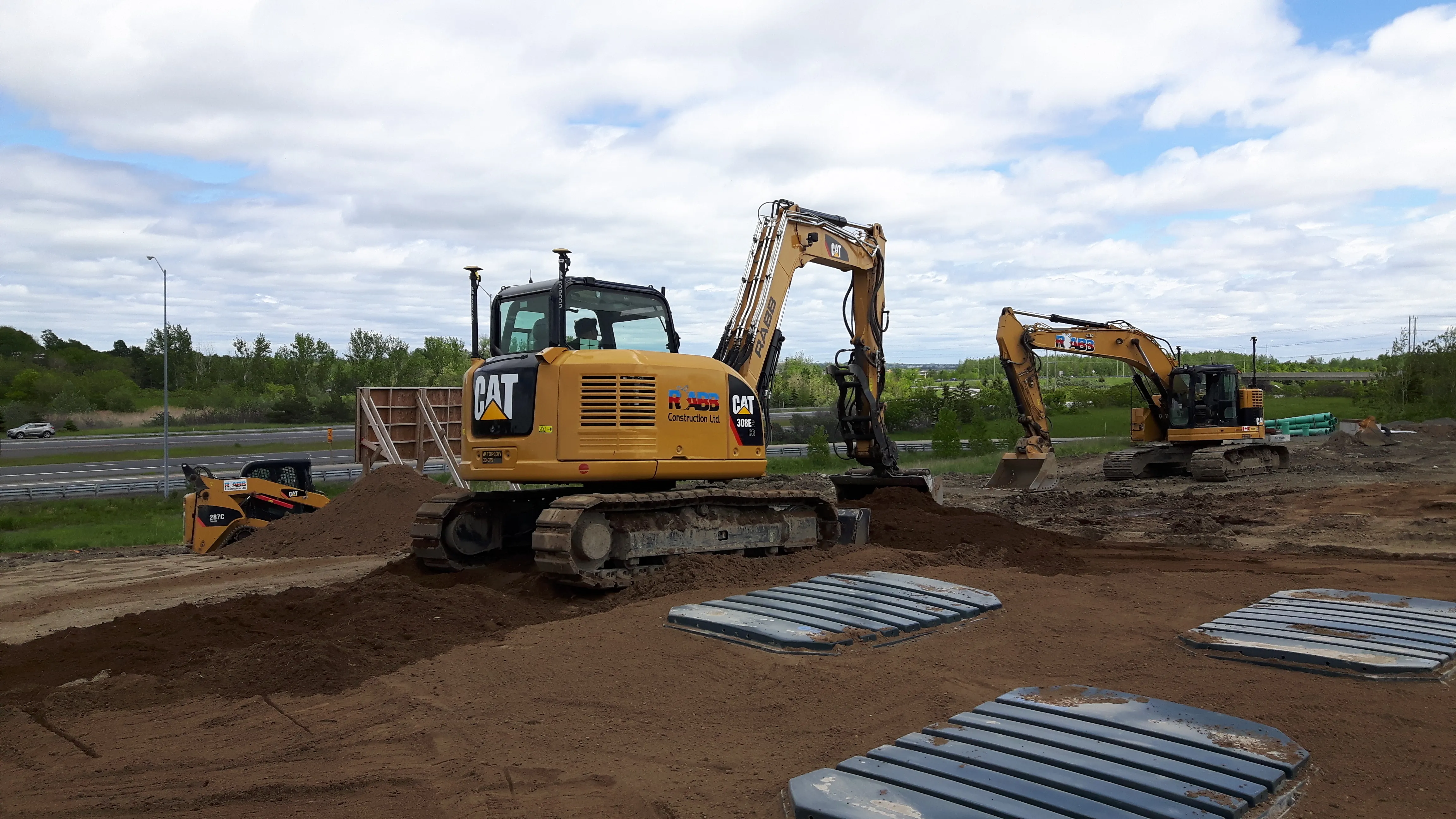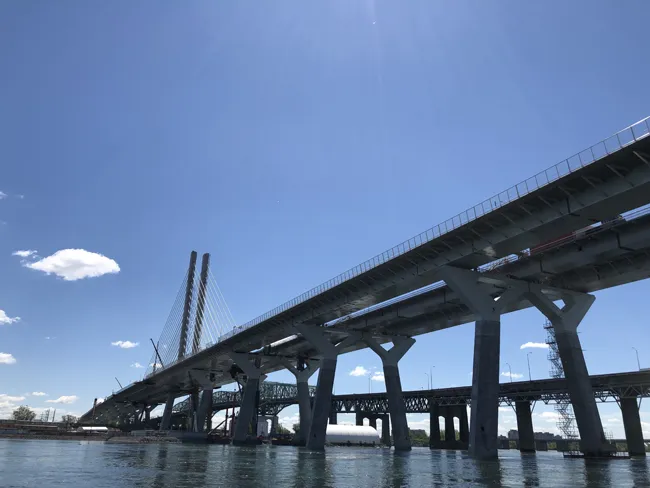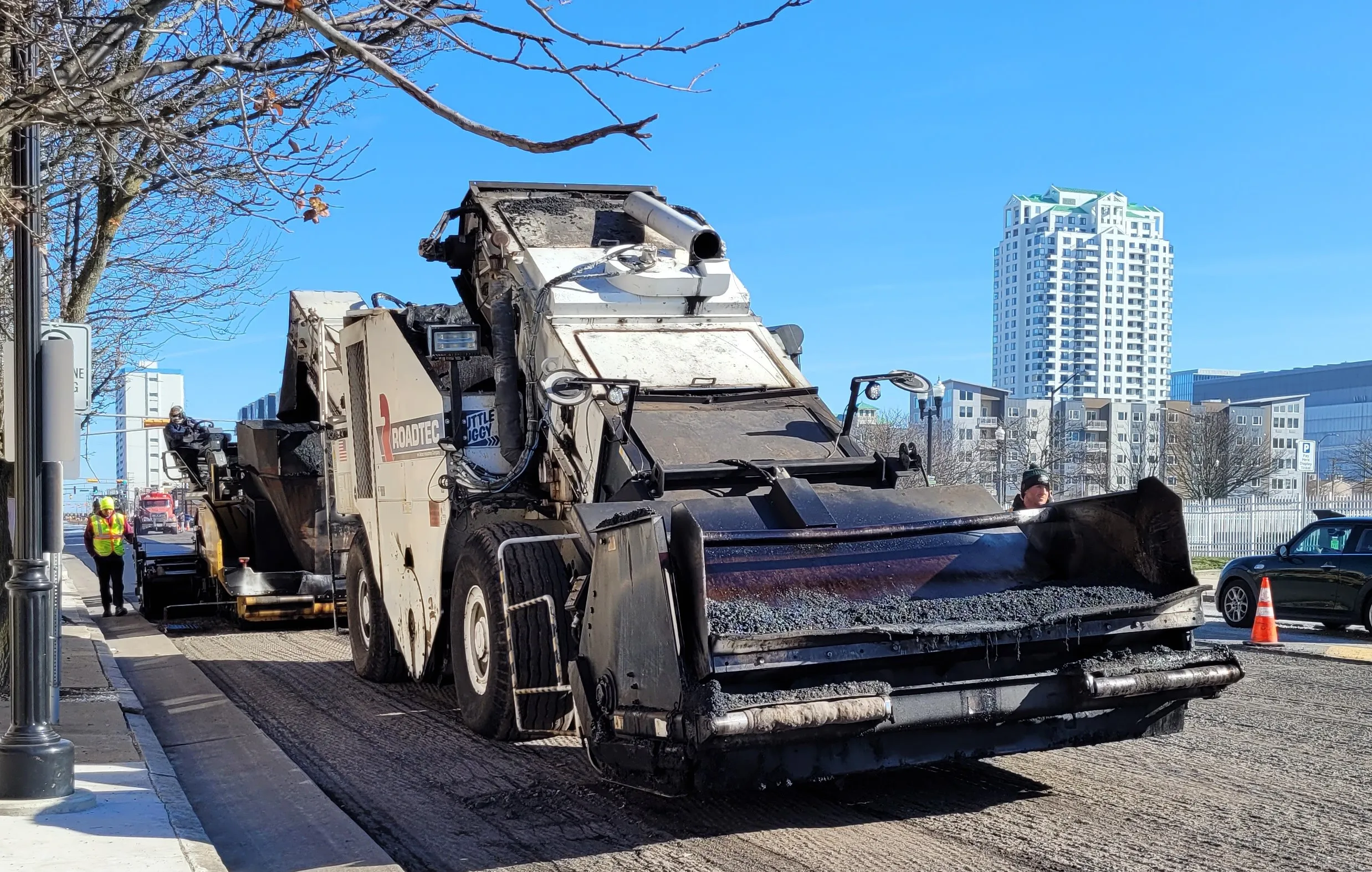The Canadian province of Nova Scotia will get US$224 million for road upgrades in 2019-20, a boost of $11.2 million over the current period.
Lloyd Hines, the province’s transportation and infrastructure renewal minister, said much of the additional funding will be for twinning portions of the province’s 100 series highways, including the 101, 103, 104 and the 107 Sackville-Burnside connector.
The plan includes rebuilding and upgrading gravel roads and around $15 million of the money has been earmarked for this. However, the highway improvement plan is subject to provincial budget approval next spring.
The $224 million will be made up of federal, provincial and municipal monies.
The 100-series highway are mostly controlled-access expressways, Super-2 roads and divided motorways. freeway. They connect major cities and regions, including Halifax, and Cape Breton Regional Municipality with smaller cities such as Yarmouth, Truro, New Glasgow and Amherst, as well as the neighbouring province of New Brunswick.
A Super-2 road refers to a two-lane highway that has partial control of access, occasional passing lanes and hard shoulders. It is often built for eventual conversion to motorway status if traffic volumes rise.
The upcoming work is part of the province’s five-year strategic Highway Improvement Plan published in 2017. It covers work to be done along the province’s 23,000km of roads and highways as well as the 4,100 bridges between this year and 2023.
According to the five-year plan, unlike many other provinces, Nova Scotia is responsible for maintaining the majority of all public roads in the province – 90% in this case. “The cost per kilometre is over CAN$300,000 (US$224,000) to repave, CAN$500,000-750,000 (US$373,000-560,000) more to upgrade a trunk highway…,” notes the document.
“Pavement Preservation is cost effective. Spending CAN$1 on pavement preservation before a paved road is 15 years old can eliminate or delay having to spend CAN$6-14 on rehabilitation or reconstruction when the pavement surface has failed.”
Nova Scotia sets road budget for 2019-20 at US$224 million
The Canadian province of Nova Scotia will get US$224 million for road upgrades in 2019-20, a boost of $11.2 million over the current period.
Lloyd Hines, the province’s transportation and infrastructure renewal minister, said much of the additional funding will be for twinning portions of the province’s 100 series highways, including the 101, 103, 104 and the 107 Sackville-Burnside connector.
The plan includes rebuilding and upgrading gravel roads and around $15 million of the money has been earmarked
December 20, 2018
Read time: 2 mins









